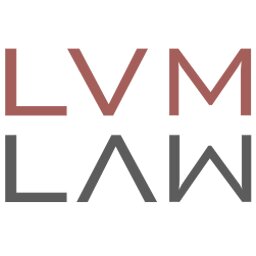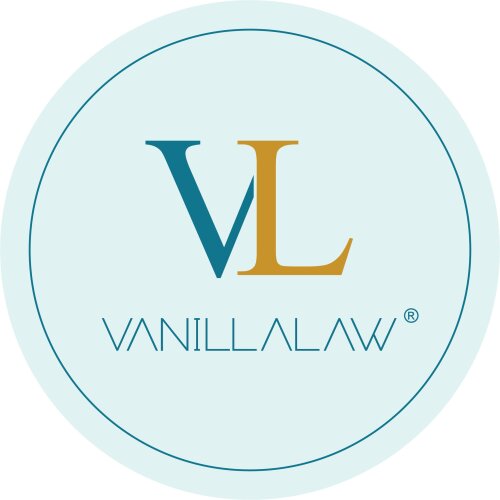Best E-commerce & Internet Law Lawyers in City Hall
Share your needs with us, get contacted by law firms.
Free. Takes 2 min.
List of the best lawyers in City Hall, Singapore
About E-commerce & Internet Law in City Hall, Singapore
In City Hall, Singapore, E-commerce and Internet Law is rapidly evolving to keep up with technological advancements and the burgeoning digital economy. This legal field encompasses issues related to online transactions, data privacy, cybersecurity, intellectual property, consumer protection, and digital payment systems. Singapore, being a global business hub, has established a robust legal framework to support and regulate e-commerce activities, promoting trust and security in the digital marketplace.
Why You May Need a Lawyer
Individuals and businesses may require legal assistance in E-commerce and Internet Law for various reasons, including:
- Understanding compliance with data protection regulations, such as the Personal Data Protection Act (PDPA).
- Resolving disputes arising from online transactions or contracts.
- Protecting intellectual property rights in the digital space.
- Addressing cybersecurity breaches and mitigating risks.
- Navigating advertising laws and consumer protection statutes.
- Setting up e-commerce operations, ensuring valid business licenses and permits.
Local Laws Overview
Several key laws are pertinent to E-commerce and Internet Law in City Hall, Singapore:
- Personal Data Protection Act (PDPA): Governs the collection, use, and disclosure of personal data by organizations.
- Electronic Transactions Act (ETA): Provides a framework for the recognition and validity of electronic contracts and signatures.
- Computer Misuse Act: Outlines offences related to unauthorized access and other computer-related crimes.
- Copyright Act: Protects original works and grants rights to creators in the digital environment.
- Sale of Goods Act: Regulates the sale of goods, with specific provisions for e-commerce transactions.
Frequently Asked Questions
What is E-commerce & Internet Law?
E-commerce & Internet Law encompasses legal issues related to online business activities, including data protection, cybersecurity, online transactions, and digital intellectual property.
Do I need a license to start an e-commerce business in Singapore?
Yes, depending on the nature of your business, you may require licenses or permits. It's crucial to consult with a lawyer to understand specific requirements.
How is personal data protected under Singapore's law?
The PDPA regulates the collection, use, and disclosure of personal data, requiring organizations to obtain consent and safeguard the data.
Can e-contracts be legally binding in Singapore?
Yes, under the ETA, electronic contracts are recognized as legally binding if they meet statutory requirements.
What should I do if my e-commerce platform experiences a data breach?
It's essential to notify the relevant authorities, such as the Personal Data Protection Commission, and take immediate steps to mitigate the breach's impact.
Is there a regulatory body overseeing e-commerce activities?
The Infocomm Media Development Authority (IMDA) and Personal Data Protection Commission (PDPC) are key regulatory bodies overseeing e-commerce activities in Singapore.
How can I protect my brand's intellectual property online?
Register your intellectual property rights through the Intellectual Property Office of Singapore (IPOS) and consult an attorney to enforce them against infringement.
What consumer protection laws apply to e-commerce in Singapore?
The Consumer Protection (Fair Trading) Act and Sale of Goods Act provide a legal framework for consumer rights in online transactions.
How can I ensure compliance with advertising standards in Singapore?
Familiarize yourself with the Advertising Standards Authority of Singapore (ASAS) guidelines and consult legal counsel for advertising compliance.
What actions can I take against online fraud or scams?
Report incidents to the police and Cyber Security Agency of Singapore (CSA). Legal advice may be necessary for further actions.
Additional Resources
- Infocomm Media Development Authority (IMDA): Offers resources and guidance on rules for digital businesses.
- Personal Data Protection Commission (PDPC): Responsible for enforcing data protection laws.
- Cyber Security Agency of Singapore (CSA): Provides information on cybersecurity measures and threats.
- Intellectual Property Office of Singapore (IPOS): Offers services and advice on protecting intellectual property.
- Advertising Standards Authority of Singapore (ASAS): Sets guidelines for advertising practices in Singapore.
Next Steps
If you require legal assistance in E-commerce & Internet Law, consider the following steps:
- Identify the specific area or issue for which you need legal advice.
- Contact a qualified lawyer who specializes in E-commerce & Internet Law.
- Prepare relevant documents and information about your case or situation.
- Discuss your case openly and follow the legal advice provided to ensure compliance and protect your interests.
Lawzana helps you find the best lawyers and law firms in City Hall through a curated and pre-screened list of qualified legal professionals. Our platform offers rankings and detailed profiles of attorneys and law firms, allowing you to compare based on practice areas, including E-commerce & Internet Law, experience, and client feedback.
Each profile includes a description of the firm's areas of practice, client reviews, team members and partners, year of establishment, spoken languages, office locations, contact information, social media presence, and any published articles or resources. Most firms on our platform speak English and are experienced in both local and international legal matters.
Get a quote from top-rated law firms in City Hall, Singapore — quickly, securely, and without unnecessary hassle.
Disclaimer:
The information provided on this page is for general informational purposes only and does not constitute legal advice. While we strive to ensure the accuracy and relevance of the content, legal information may change over time, and interpretations of the law can vary. You should always consult with a qualified legal professional for advice specific to your situation.
We disclaim all liability for actions taken or not taken based on the content of this page. If you believe any information is incorrect or outdated, please contact us, and we will review and update it where appropriate.














